Understanding Your Basic Rights with Canadian Police
Did you know that every individual in Canada has basic rights when dealing with the police? These rights are fundamental to protecting your privacy, ensuring fair treatment, and safeguarding your legal freedoms. Whether you find yourself in a routine encounter or facing a more serious situation, it is crucial to understand your rights and how to assert them.
In this article, we will explore the basic rights you have when encountering the Canadian police. From when they can stop you to your right to silence and privacy, we will provide you with the essential knowledge to navigate police interactions confidently. Understanding your rights empowers you to protect yourself and ensures a fair legal process.
Key Takeaways:
- Everyone in Canada has basic rights when dealing with the police.
- Understanding your rights is essential to protect your privacy and legal freedoms.
- Police encounters can vary, from routine interactions to more serious situations.
- Knowing your rights helps you assert yourself and ensures fair treatment.
- Exercise your right to remain silent and consult with a lawyer when necessary.
When Can the Police Stop You?
Understanding your rights when interacting with law enforcement is crucial to protect yourself during encounters with the police. In Canada, the police can stop you under three general circumstances:
- If they suspect you have committed a crime
- If they witness you committing a crime
- If you are driving
It’s important to note that unless you are arrested or detained, you have the right to go about your way. If you find yourself being stopped by the police, you can politely ask the officers if you are under arrest or being detained. They must provide you with the reason for the stop.

Understanding when the police can stop you helps you assert your rights and protect yourself during encounters with law enforcement. By knowing your rights, you can ensure fair treatment and uphold your legal freedoms.
| Circumstance | Description |
|---|---|
| If they suspect you have committed a crime | The police can stop you if they have reasonable grounds to believe that you have committed or are about to commit a crime. |
| If they witness you committing a crime | If the police witness you committing a crime, they have the authority to stop you and intervene. |
| If you are driving | The police have the power to stop you if you are driving to enforce traffic regulations, ensure road safety, or investigate any driving-related offenses. |
Your Right to Silence and Privacy
In most cases, you are not obligated to answer questions asked by the police. This is your right to remain silent and not self-incriminate. However, there are some exceptions to this rule, such as when you have been pulled over while driving or if you’ve been involved in a car accident.
It’s important to remember to remain polite and respectful during interactions with the police. Additionally, you have the right to privacy and are not required to allow the police into your home without a warrant or probable cause.

If the police ask you questions, you can politely say, “I choose to remain silent.” This ensures that you do not inadvertently say anything that could be used against you later on. It is crucial to exercise your right to remain silent to protect yourself legally.
Your Rights to Privacy in Different Scenarios
It’s important to know your rights when it comes to privacy in various situations:
- Home Privacy: The police cannot enter your home without a warrant or probable cause, unless there is an emergency situation or you give them permission.
- Pulled Over: While driving, you are required to provide your driver’s license, vehicle registration, and proof of insurance. However, you do not need to answer any additional questions beyond identifying yourself.
- Car Search: The police generally need a warrant to search your vehicle. However, they may search your car without a warrant if they have reasonable grounds to believe that there is evidence of a crime, or if you have given them permission to search.
- Arrest: If you are arrested, the police have the right to search you and any items within your immediate control without a warrant.
Understanding your rights to silence and privacy is crucial for protecting yourself during interactions with the police. By remaining calm, respectful, and knowledgeable about your rights, you can ensure that your legal protections are upheld.
| Scenario | Your Rights |
|---|---|
| Home Privacy | The police cannot enter your home without a warrant or probable cause, unless there is an emergency situation or you give them permission. |
| Pulled Over | While driving, you are required to provide your driver’s license, vehicle registration, and proof of insurance. However, you do not need to answer any additional questions beyond identifying yourself. |
| Car Search | The police generally need a warrant to search your vehicle. However, they may search your car without a warrant if they have reasonable grounds to believe that there is evidence of a crime, or if you have given them permission to search. |
| Arrest | If you are arrested, the police have the right to search you and any items within your immediate control without a warrant. |
Your Rights When Arrested or Detained
If you find yourself in a situation where you are arrested or detained by the police, it is crucial to understand your rights. These rights are designed to protect you and ensure a fair legal process. When interacting with authorities, it is important to be aware of the following:
- Prompt Information: Upon arrest or detainment, you have the right to be promptly informed of the reason for your arrest. This allows you to understand why you are being held and enables you to take appropriate action.
- Access to Legal Representation: The police must inform you of your right to speak with a lawyer. They are also obligated to provide you with the means to contact legal representation. It is important to exercise this right and consult with a lawyer before answering any questions.
- Right to Remain Silent: You have the right to remain silent and not answer any questions until you have spoken with a lawyer. This is a fundamental right that protects you from self-incrimination. It is advisable to exercise this right to safeguard your legal position.
- Fair Legal Process: By understanding and asserting your rights when arrested or detained, you can ensure a fair legal process. It is essential to cooperate with the authorities, but also to protect yourself and exercise your rights throughout the proceedings.
Remember, understanding your rights when dealing with authorities is vital in safeguarding your legal freedoms. By being aware of your rights, you can navigate law enforcement encounters assertively and protect your interests.
Searching and Seizure of Property
When it comes to interacting with law enforcement officers, it’s important to understand your legal rights during police stops. One crucial aspect of these rights is safeguarding your rights regarding the searching and seizure of your property. In Canada, the police generally cannot search you or your property without your consent or a valid reason.
To conduct a search, the police must have reasonable and probable grounds to believe that there is evidence of a crime. Additionally, they may only search you if you have been placed under arrest or if you have given your consent. It’s crucial to know that your consent can be withdrawn at any time, so you have the power to assert your rights.
Your property, including your car, can be searched if the police have obtained a warrant or if there are urgent circumstances. However, it’s important to note that the police must have a valid reason and cannot conduct a search without proper justification.
By understanding your rights regarding search and seizure, you can protect your privacy and ensure that law enforcement officers do not infringe upon your legal freedoms. Remember to always stay informed, exercise your rights, and seek legal advice if necessary.
- Quebec Police Officer Salary Insights 2023 - July 13, 2025
- Canada Arrest Protocol: What Police Say Upon Arrest - June 12, 2025
- Can Police Disclose Who Reported You? Find Out Here - June 6, 2025
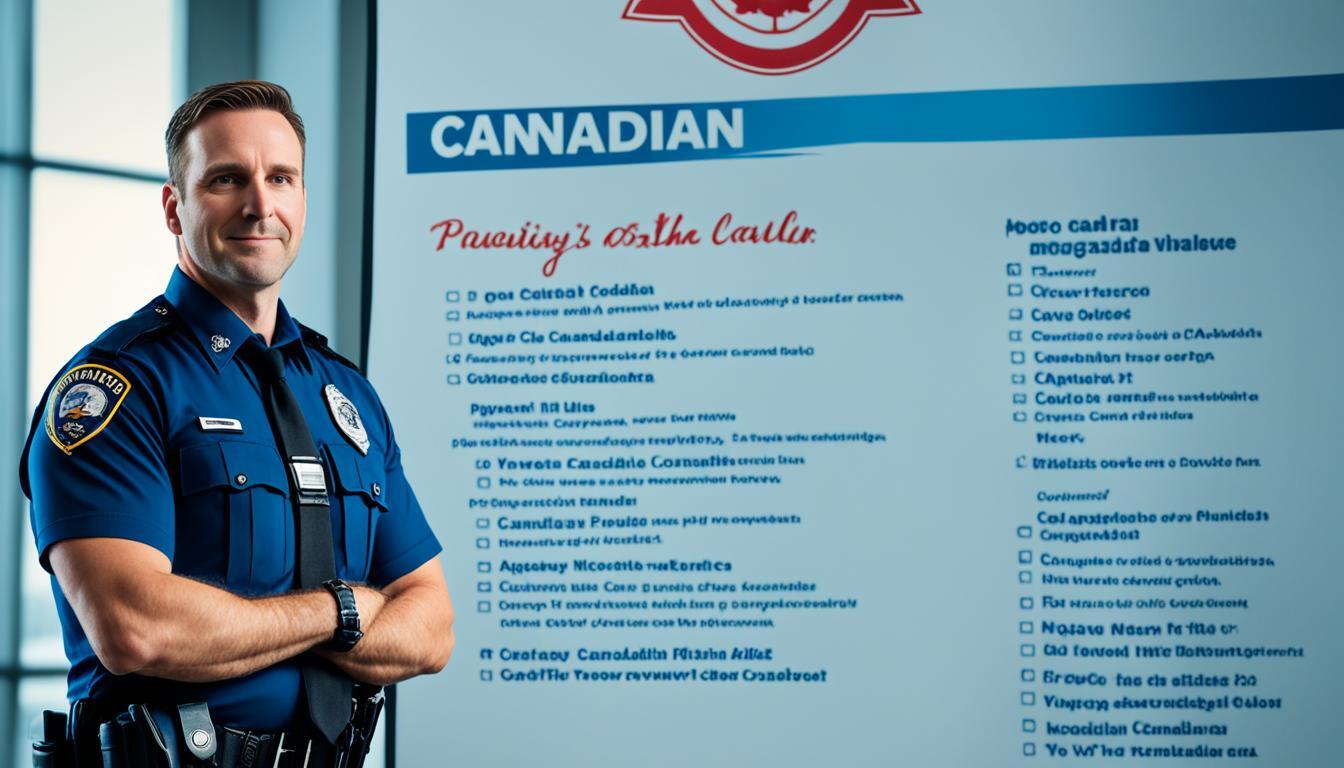

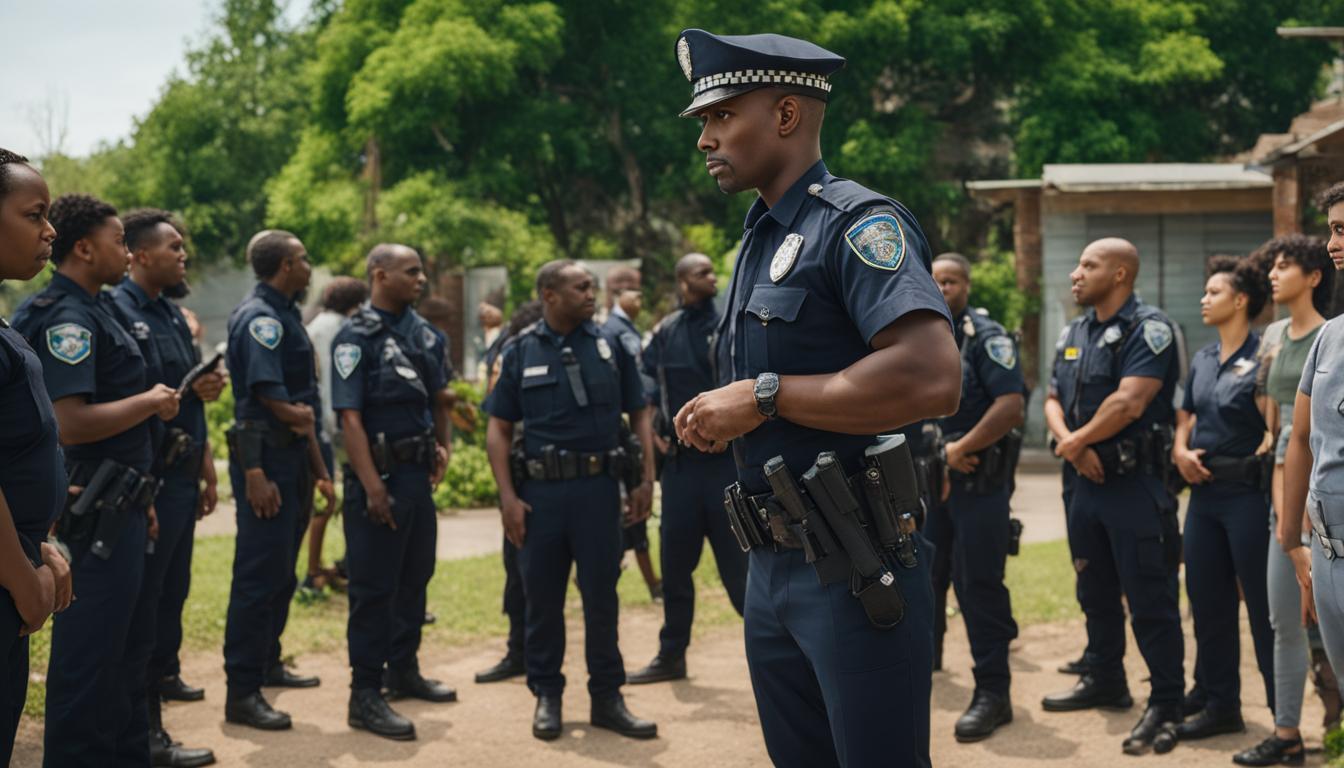
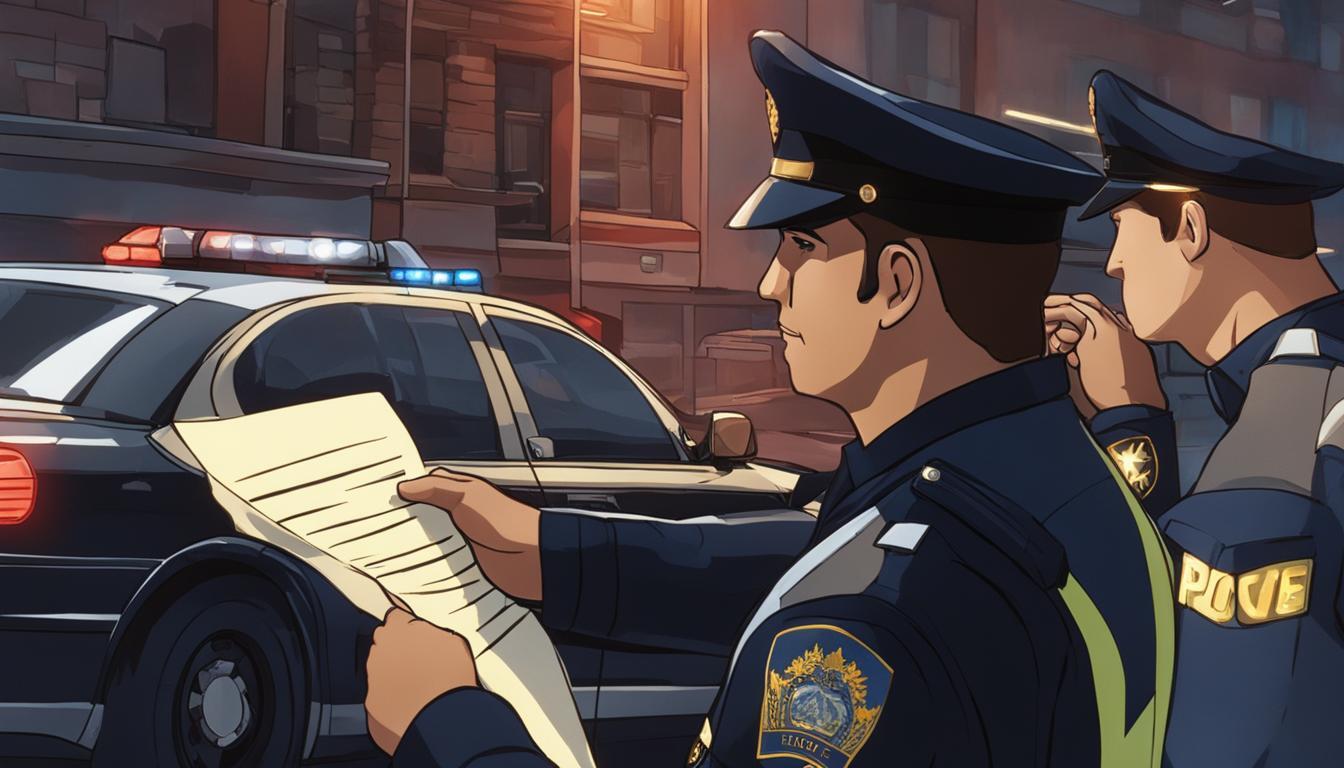
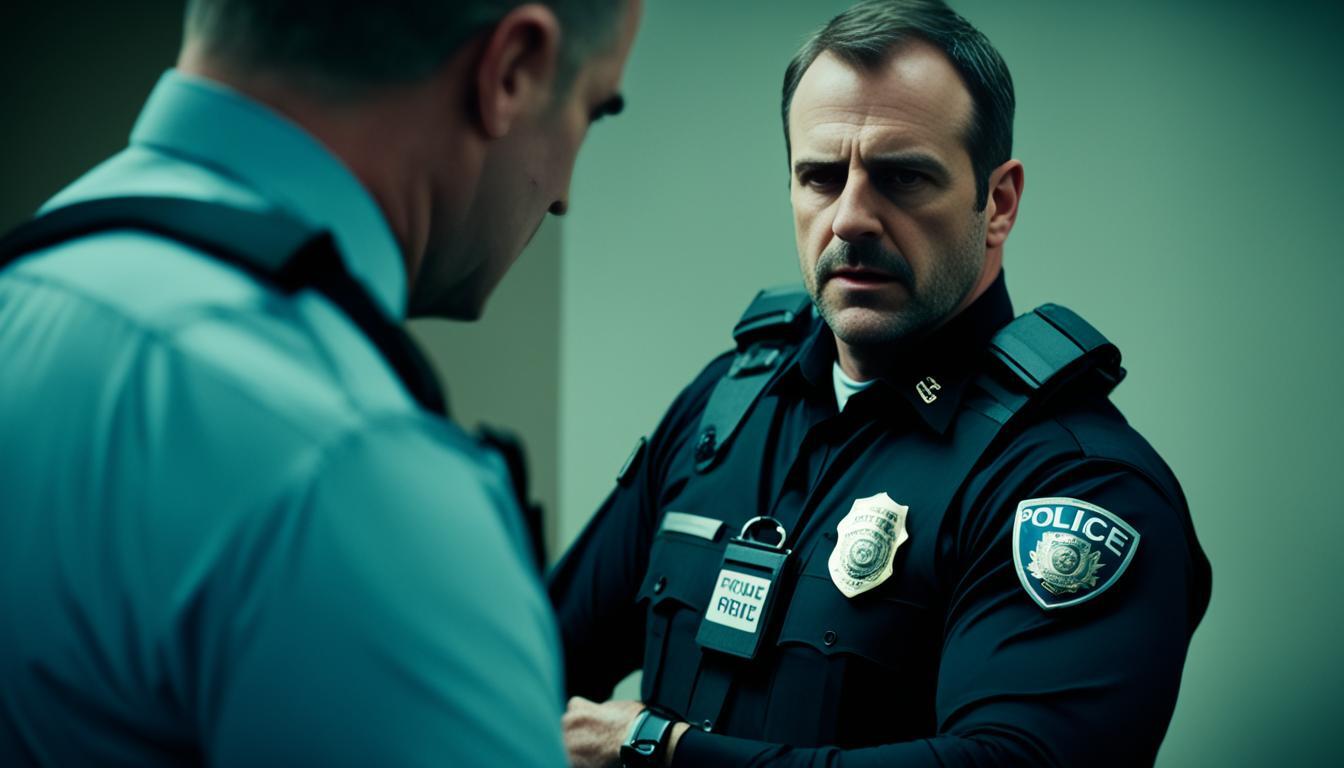



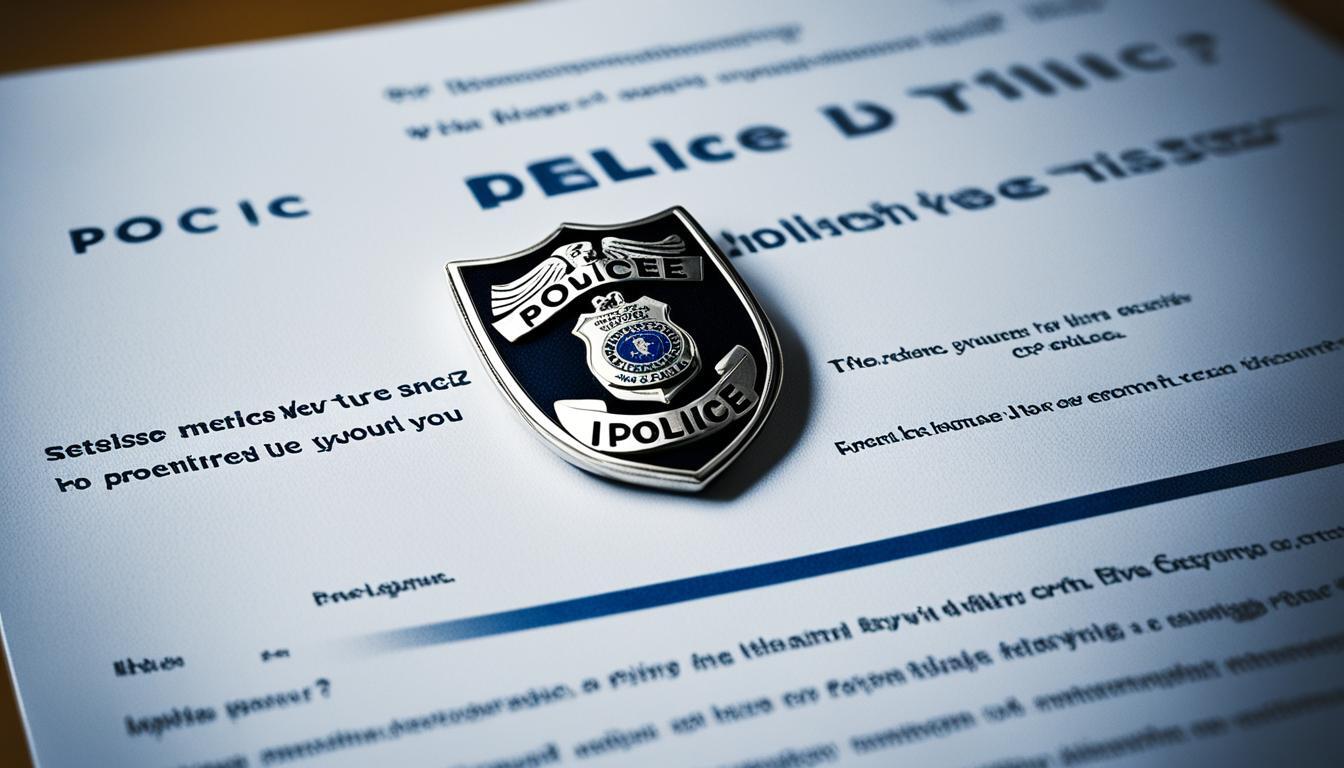










Post Comment